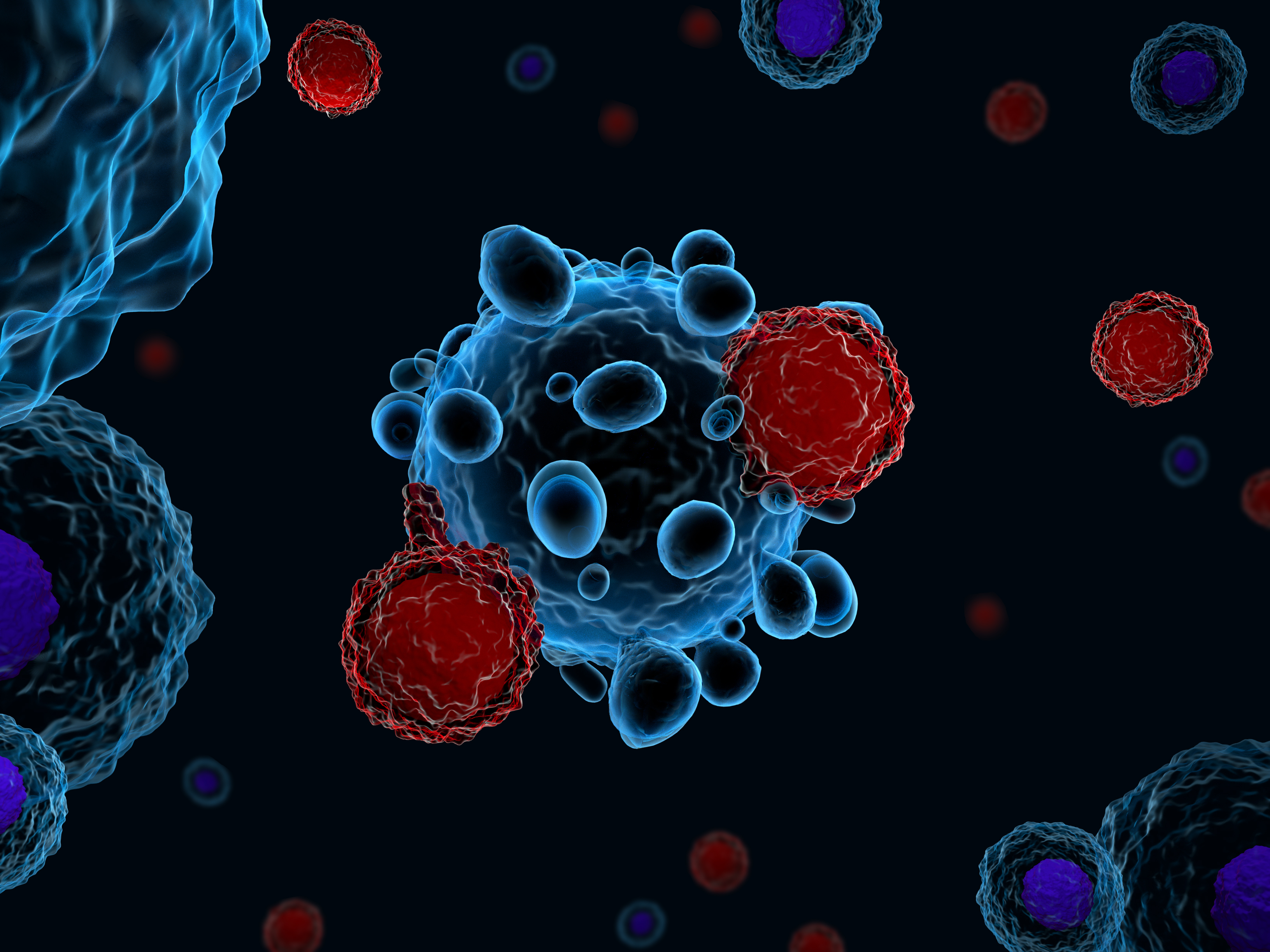

CAR TCEL TRIAL
A third trial, BELINDA, did not show a clinical benefit, but this may be due to trial design as discussed in more detail elsewhere 4.īrentjens, R. CAR T-cell therapy (also called chimeric antigen receptor T-cell therapy) is a type of cancer treatment. This suggests a conceptual shift in how CAR T cells will be offered to patients with first relapse of DLBCL, the most reliable option appearing to be gene-engineered T cells. It is striking that patients may benefit from receiving CAR T cells regardless of the state of their disease, while only patients with an objective response after chemotherapy are able to receive an autologous stem cell transplantation. CAR T Cells: Engineering Patients’ Immune Cells to Treat Their Cancers Co-stimulatory signaling domains have been added to newer generations of CAR T cells to improve their ability to produce more T cells after infusion and survive longer in the circulation. Both studies demonstrated improved event-free survival for CD19-directed CAR T cell therapy compared to a standard of care involving chemotherapy followed by autologous stem cell transplantation for patients that relapsed <12 months after initial treatment for DLBCL. Recently, this question was answered with a resounding yes in the TRANSFORM and ZUMA-7 trials 2, 3. Considering these severe adverse events, it became a key clinical question whether CAR T cells could sustain the same clinical benefit for patients with DLBCL after their first relapse compared to a standard-of-care cell therapy, autologous stem cell transplant, which has a much lower toxicity profile. Part of the rationale for using CAR T cells as an end-of-line salvage therapy was the associated toxicity profile, with high rates of cytokine release syndrome (CRS) and immune-cell-associated neurotoxicity syndrome (ICANS). These indications required multiple lines of chemotherapy before patients would be eligible for these potentially curative treatments. Purpose of review: Genetically engineered T cells expressing a chimeric antigen receptor (CAR-T) targeting specific antigens present on acute lymphoblastic leukemia (ALL) blasts have generated promising results in children and adults with relapsed and refractory disease. The first approvals were for patients with relapsed or refractory aggressive B cell lymphomas and leukemias, such as diffuse large B cell lymphoma (DLBCL) and B cell acute lymphoblastic leukemia.

A decade ago, initial evidence 1 of the clinical activity of chimeric antigen receptor (CAR)-modified T cells for B cell malignancies spearheaded their rapid clinical development and regulatory approval.


 0 kommentar(er)
0 kommentar(er)
